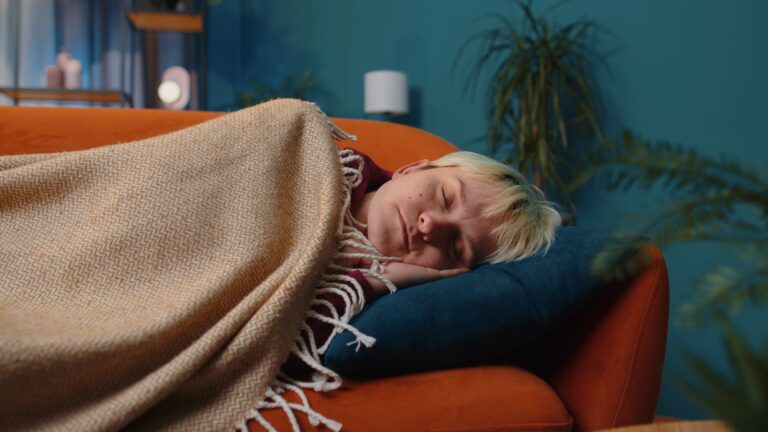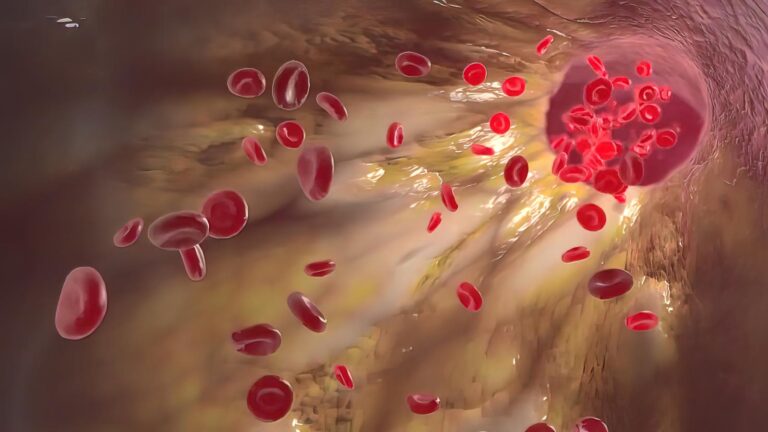Daytime Napping Tied to Atrial Fibrillation Risk
Researchers in Spain have found an association between the length of a daytime nap and the risk of developing atrial fibrillation (AF). The authors note that previous research has identified a potential relationship between sleep patterns and AF – but not between AF and napping. The finding was presented by Jesus Diaz-Gutierrez, MD, of Juan Ramon Jimenez University Hospital,…









